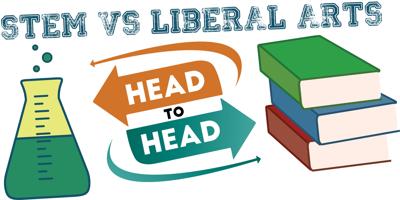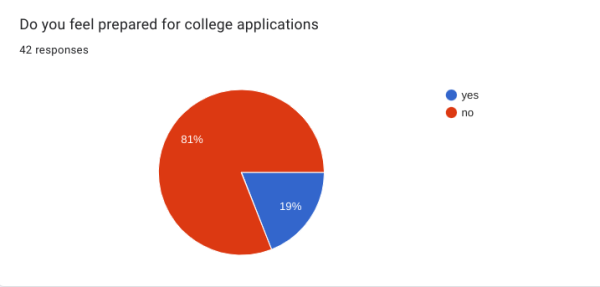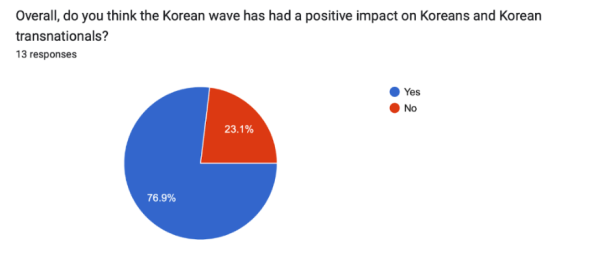STEM vs Art: Can We Settle This Debate

For decades now, there has been a long-standing debate between STEM and arts. Living in a technology-based world, people tend to gravitate towards STEM when choosing which one is harder or more “useful.”
STEM stands for Science, Technology, Engineering, and Mathematics. Unlike art, it involves subjects that normally have a specific end problem, and many times a concrete answer. The arts normally explore more open-ended questions and less concrete ideas in subjects such as music and theater.
However, even with their many differences, they share many things in common.
Those who choose to partake in either path normally get labeled by their peers as nerds, or band kids, which are, more often than not, not compliments.
In addition, both carry a tremendous workload, which is many times overlooked. Blood, sweat, and tears are poured into the diplomas, together with late nights of studying and working on projects.
Even with so many similarities, they are often given different weights. Although art is all around us, art jobs are considered “risky” and not stable. There are many careers available for those who enjoy the arts, but not all of them are known for having a big, or stable, salary income, especially compared to STEM related jobs. According to Learn How to Become, STEM careers make an average of $87,570 a year once they graduate college, compared to the liberal arts field which can range from $25,000 to $64,000.
School many times favors STEM over art. Making math and science classes mandatory for all students and art an optional class can push the idea that people who are not good in STEM-related subjects are not smart, but those who can’t do arts are not out of the norm
But choosing one over the other is not always the best option.
STEAM stands for Science, Technology, Engineering, Arts, and Mathematics. Much like the name suggests, it combines elements from both fields, playing with both of their strengths. Many schools are starting to push STEAM education, motivating problem solving and open-ended discussions.
However, even with all of this discussion, there is no concrete answer to the debate. There is no universal ¨better choice.¨ Different people have different opinions. There will always be someone to disagree with, what is most important is to follow something that you want and has value to you, whether that is the money and recognition that comes with it, or the pleasure and satisfaction.










